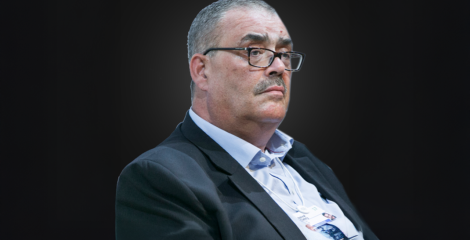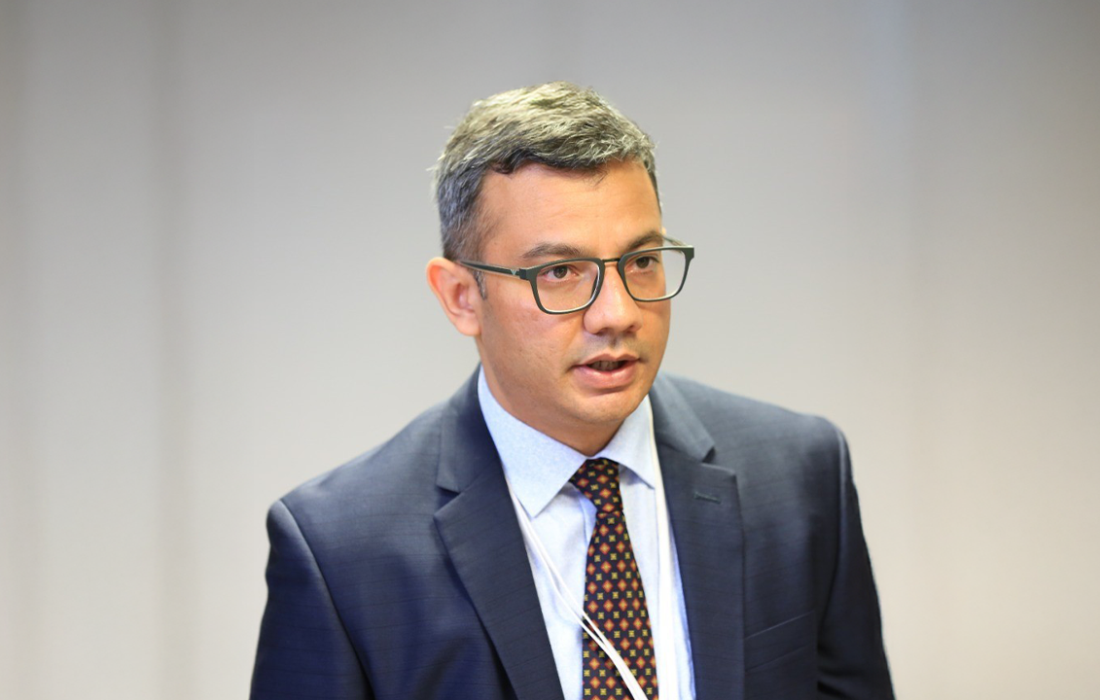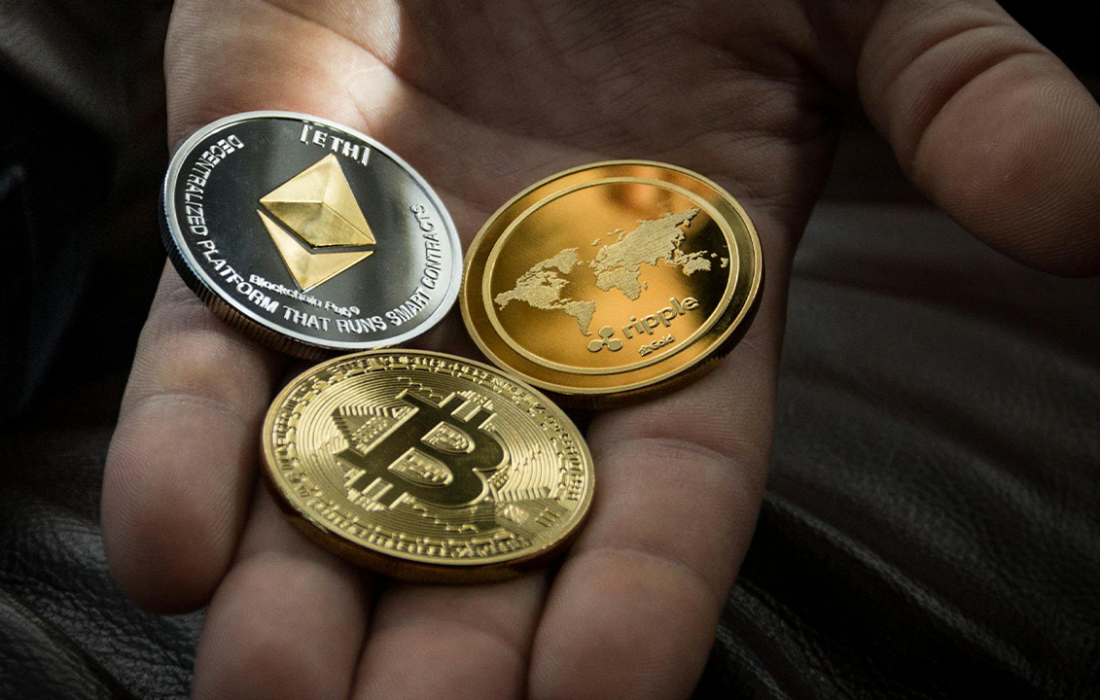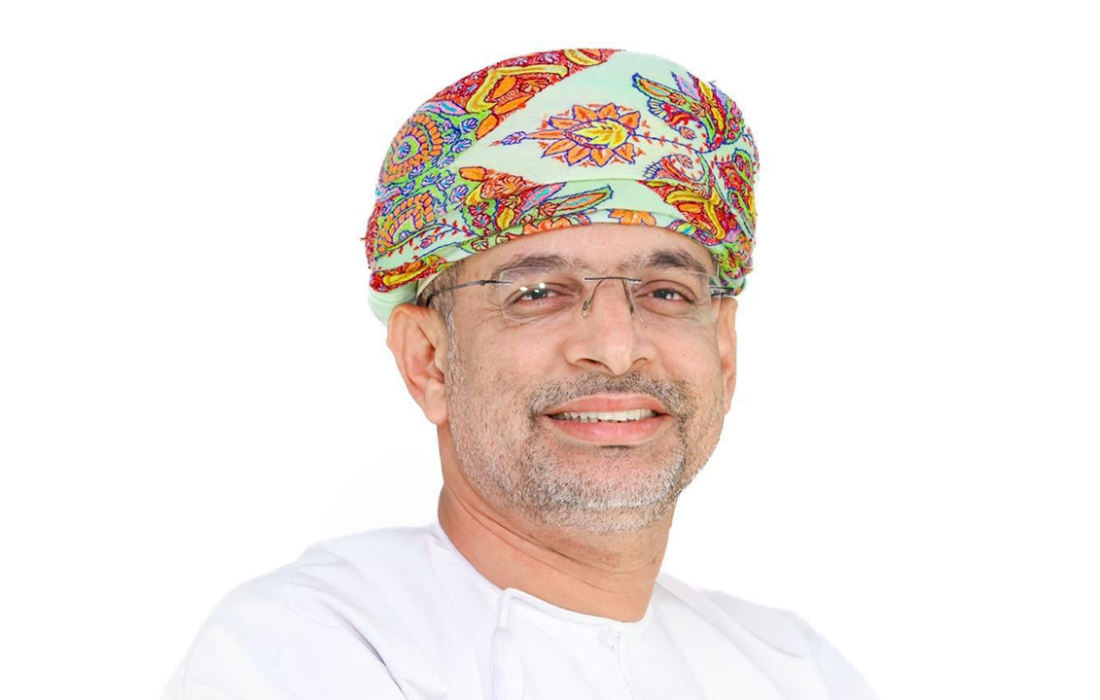- Egypt’s Prime Minister met FRA and EGX leaders, signaling strong government support for capital market reforms and private sector growth.
- New EGX Chairman Dr. Islam Azzam outlined plans to deepen the market through derivatives, market makers, and new financial products.
- Derivatives and market makers aim to boost liquidity, reduce volatility, and give investors more confidence in Egypt’s stock exchange.
EGX
Prime Minister Dr. Mostafa Madbouly held a meeting with Dr. Mohamed Farid, Chairman of the Financial Regulatory Authority (FRA), and Dr. Islam Azzam, Chairman of the Egyptian Exchange (EGX), on his first working day after assuming his new role.
The meeting was also attended by Mr. Ahmed Kouchouk, Minister of Finance, and Ms. Ghada Nour, Deputy Minister of Investment and Foreign Trade.
During the meeting, the Prime Minister affirmed the government’s full support for efforts to develop Egypt’s capital market. He describes it as one of the key tools for economic growth, boosting investment rates, and enhancing private sector participation.
New Tracks
Dr. Islam Azzam explained that in the coming phase EGX will pursue two parallel tracks. This will include deepening the market and expanding its instruments. This through introducing new financial products such as derivatives, and activating the market maker mechanism. Moreover, this aims to provide more opportunities for investors and strengthen the efficiency and competitiveness of the market.
He further emphasizes that trading will remain subject to supply and demand forces. He also notes that his administration is committed to continuous dialogue with all market participants to shape more effective policies that enhance the competitiveness and attractiveness of the exchange.
So what are derivatives? Derivatives are financial contracts whose value is linked to another asset, like a stock, commodity, or index. Investors do not actually own the underlying asset but rather making an agreement based on its future price. For example, an investor can use a wheat derivative to lock in a price today for wheat they will buy in three months.
Meanwhile a market maker mechanism is a firm (or sometimes a trader) that constantly offers to buy and sell a specific stock. This ensures there’s always someone ready to trade, which keeps the market liquid and active. Market makers earn small margins on the spread between buy and sell prices. However, their presence makes the market smoother, reduces volatility, and gives investors more confidence that they can enter or exit positions without delays.
If you see something out of place or would like to contribute to this story, check out our Ethics and Policy section.














